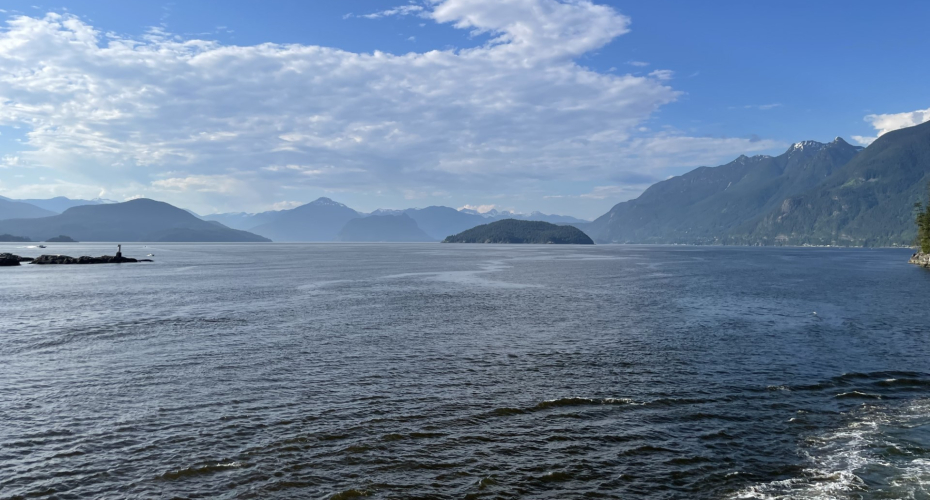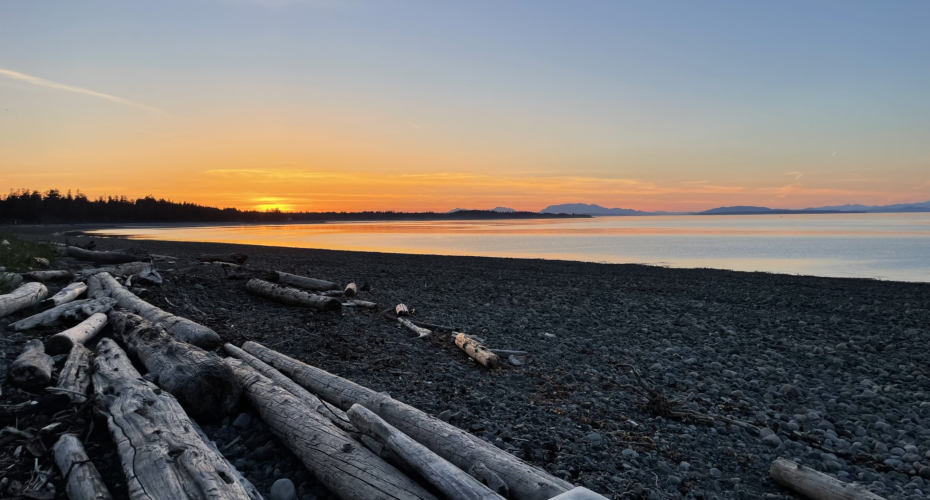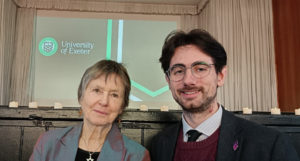Fellowship awarded for international project uniting environmental stewardship, decolonisation and Indigenous rights

The relationship between the rights of Indigenous communities in North-west Coast Canada and Aotearoa New Zealand and the impacts of climate and environmental change will be the focus of a new international research project funded by a prestigious fellowship.
The project, is led by Professor Bryony Onciul, Associate Professor of Museology and Heritage in the Department of Humanities and Social Sciences Cornwall, and brings together a team of researchers across Heritage, Ecology, Archaeology and Culture. They will work with Indigenous communities and partner organisations including a range of charities and NGOS, and two world renowned Universities: the Victoria University Wellington, Aotearoa New Zealand, and the University of British Columbia, Canada.
The work builds upon Prof. Onciul’s expertise and recent AHRC grants that have focuses on Indigenous heritage, Indigenous rights, and climate and environmental change impacts on stewardship.
The project is called The Heritage and Future of Indigenous Rights within Settler-Colonial Commonwealth Nations in the Environmental Emergency and is funded by the award of a prestigious Future Leaders Fellowship, from UK Research and Innovation (UKRI).
“The environmental emergency is exacerbating longstanding global inequalities, disproportionately effecting frontline Indigenous communities,” says Prof Onciul. “This is a continuation of the ecological and social devastation wrought by colonisation, that left a legacy of racialized social and climate injustice. However, the recent commitment to align laws in Canada and Aotearoa New Zealand with the UN Declaration on the Rights of Indigenous Peoples (UNDRIP 2007) creates a unique and powerful opportunity to conceptualise and enact Indigenous-led change. This project is designed to go some way towards facilitating that.”
The funding of around £1.5m over four years will enable Prof. Onciul and co-investigator Dr Regan Early, Associate Professor in Conservation Biogeography, and their team to work closely and in-depth with local Indigenous priorities around revitalising ancestral governance and stewardship of ancestral territories. The team will model the impacts changing stewardship may have on culturally significant species and what climate and environmental factors like sea-level rises on coastal communities need to be considered in the current context of rapidly accelerating environmental change.

The project will look back at historic records to study past environmental degradation during colonisation and consider current changes in Indigenous rights that are starting to return stewardship to communities. The team will work with community leaders to understand how upholding Indigenous rights, such as the return of cultural treasures and cultural practices, might impact environmental and cultural wellbeing of future generations. The project then looks to the future, using forecast modelling, to analyse how the decisions made today may be affected by future climate change impacts, and what factors need to be taken into account to increase local resiliency.
Working across two countries brings opportunities for Indigenous Nation-to-Nation learning and exchange and supports the promotion of Indigenous languages. This approach will contextualise local priorities in relation to global concerns, such as cultural, energy and food security. The team will design and run creative learning workshops to stimulate inter-generational eco-cultural knowledge transfer and establish a guardian scheme to support community-selected young people with future leadership potential.
Prof Onciul added: “The outputs and resources the project will create, will support new ways of thinking about and working with cultural and environmental heritage in practice and policy and affirm Indigenous rights to culturally steward their ancestral territories and ecosystems.”



